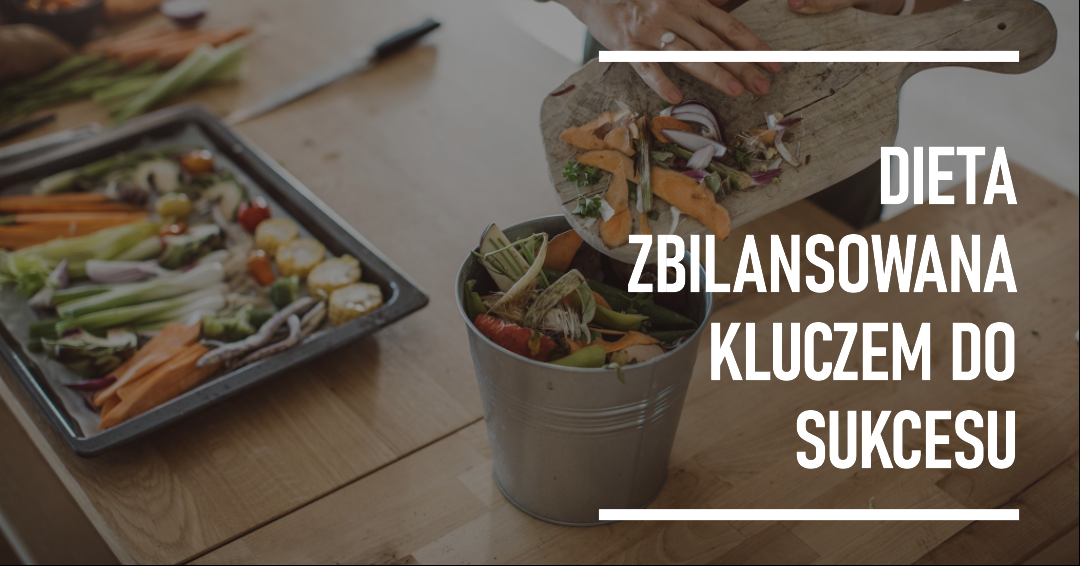Diet for weight loss requires some changes Like choosing the right foods for our menu. Diet is a key factor that helps us reduce weight, as well as counteract many diseases of civilization. In the article, we will touch on the best diet and a list of products that should definitely be avoided in the diet.

Diet for weight loss - which is the best?
This question is asked by many people who want to improve their figure and health. Some try various miracle cures that promise quick and spectacular results, but often end in disappointment and the yo-yo effect. Others, on the other hand, give up eating or follow very restrictive diets that can be dangerous for the body. Is there any effective and safe method of weight loss?
The answer is yes! It is a balanced diet, which is one that provides all the necessary nutrients in the right proportions and quantities. A balanced diet does not involve starving oneself or eliminating entire food groups, but choosing healthy and natural products that provide a feeling of satiety and energy. Balanced nutrition takes into account the individual needs and preferences of each person, so it is not boring or monotonous. A balanced diet allows to achieve and maintain optimal body weight, improves the condition of skin, hair and nails, strengthens immunity and protects against many diseases.
So what does a balanced diet look like?
Vegetables and fruits are the basis, and should make up at least half of our daily menu. Vegetables and fruits are rich in vitamins, minerals, fiber and antioxidants that support the proper functioning of the body. Vegetables and fruits can be eaten raw, cooked, baked or stewed, as well as made into salads, smoothies, smoothies or desserts. It is important to choose seasonal and local vegetables and fruits, as they are fresher, tastier and cheaper.

The second important part of a balanced diet is whole grain cereal products, such as bread, groats, pasta, cereal or rice. These products provide complex carbohydrates, which are the main source of energy for the brain and muscles. Complex carbohydrates are digested more slowly than simple ones (such as sugar), so they provide a longer feeling of satiety and stabilize blood sugar levels. Whole grain cereal products also contain fiber, which regulates intestinal function and prevents constipation. In addition, these products are a source of vegetable protein, iron, magnesium, zinc and B vitamins.
Diet for weight loss - which protein products to choose?
The third essential component of a balanced diet is animal or plant protein products. Animal protein products include meat (preferably lean), fish (especially oily ones), eggs and dairy (preferably low-fat). These products provide high-quality protein, which is essential for building and regenerating cells and muscle tissue. Animal protein also contains heme iron, which is better absorbed than that of plants. In addition, these products are a source of calcium, phosphorus, iodine and vitamin D.
Plant protein products include legumes (beans, lentils, chickpeas, peas), nuts, seeds, tofu, tempeh or seitan. These products provide plant protein, which is also important for the body, although it does not contain all the essential amino acids. That's why it's a good idea to combine plant protein products with whole grain cereal products to get complete protein. Plant protein products are also a source of fiber, magnesium, potassium, folic acid and vitamin E.
Which fats to choose?
The fourth and final element of a balanced diet is healthy fats, or unsaturated fats. Healthy fats include olive oil, flaxseed oil, canola oil, grapeseed oil, walnut oil and avocado oil. They provide omega-3 and omega-6 fatty acids, which are essential for the proper functioning of the nervous and cardiovascular systems. Healthy fats also help in the transport and absorption of fat-soluble vitamins (A, D, E and K). Healthy fats should be consumed in moderation, as they are very caloric.
A balanced diet is not only a way of eating, but also a lifestyle. To achieve the best results, you also need to make sure you get the right amount and quality of sleep, get regular physical activity, avoid stress and stimulants, and drink enough water. A balanced diet is not only a way to lose weight, but also to improve your mood and quality of life.
I hope you found this article useful and interesting. If you would like to learn more about a balanced diet or seek professional help from a nutritionist, feel free to contact me. I will be happy to answer your questions and prepare a personalized diet plan tailored to your needs and goals. Don't delay and start changing your life for the better today!

Diet during weight loss - what to follow?
- Monitor the caloric value of the food you eat - the caloric value of food should be meticulously adjusted to your needs.
- The primary source of carbohydrates should be whole grain cereal products, above all those with a reduced glycemic index (for example, whole grain bread, unprocessed pasta, brown rice, oatmeal, grainy groats).
- Adopt a rhythm of eating meals - more frequent consumption, but with less volume, sticking to fixed times of the day.
- Increase your consumption of vegetables, which are a valuable source of fiber and antioxidant elements. Your daily menu should include at least 4 vegetable rations (1 ration is, for example, 1 medium-sized tomato, 1/2 size of bell pepper or 1 glass of lettuce).
- Eat mainly fruits with a lower GI like berries. One ration of fruit is, for example, 1 medium-sized apple or 3/4 cup of blueberries.
- It is recommended to consume 2 servings of dairy products, unfortified with sugar, preferably fermented - they will be a valuable source of protein and calcium (1 ration is 1 cup of yogurt, for example).
- Limit your meat intake, especially the red type. Replace meat 1-2 times a week with other sources of protein, 2 times for fish, and possibly eggs.
Also check out our other weight loss tips.
Remember to use proper cooking techniques.
When losing weight, avoid frying in fat. Focus on boiling, braising, or preparing foods in a fat-free fryer.
Weight loss - forbidden products
- High-fat milk and milk products, sweetened milk drinks,
- Fatty meats, such as mutton, pork, beef, offal, fatty parts of chicken, fatty cured meats,
- Wheat bread, baked goods with added sugar, wheat rolls, yeast cakes, shortcrust pastries, wheat pasta made from refined flour,
- Salads and salads that contain a large addition of fatty sauces,
- Lard, bacon, hard margarines,
- Creams, cakes, cookies, whipped cream,
- Fruits in syrups,
- Sweetened cola drinks, alcohol, sweetened juices.
Diet for weight loss - what should be kept in mind?
Weight loss requires patience, dietary changes should be carried out slowly but gradually. Beginners should start losing weight with simple dietary guidelines, which we described in the section on balanced diets. The diet does not have to be complicated. To begin with, your diet should be depleted by the list of forbidden products we have prepared for you. Already these dietary changes should give you positive results.
Sources:
https://pubmed.ncbi.nlm.nih.gov/30513859/


